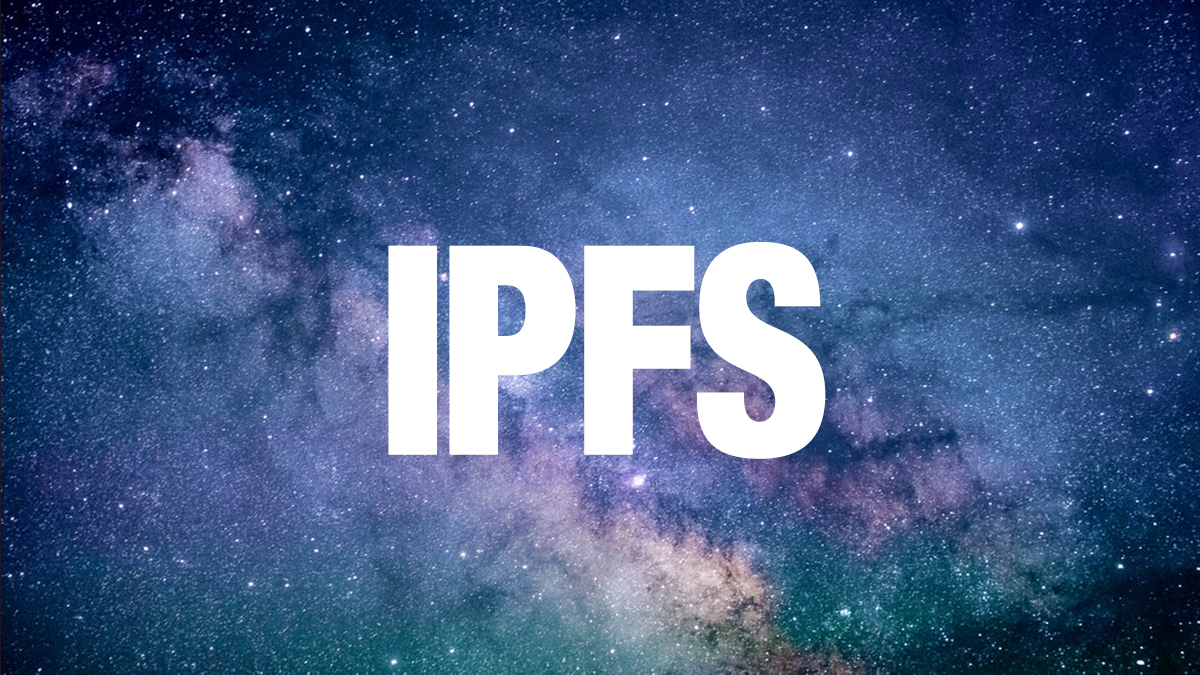Education Records on IPFS

Supporting educational development, ODEM (On-Demand Education Marketplace), has created a platform that leverages blockchain technology to help students find new opportunities and secure their achievements.
Built as a layer on the Ethereum blockchain, the marketplace runs on the ODEM token, an ERC20 token that facilitates transactions on the platform. Transaction histories are stored to ensure autonomy and accuracy for all market participants, but most importantly to provide confirmation of academic achievement for students. This format allows students to maintain a single record of their educational experiences and certification, regardless of location or educator.
Blockchain, or distributed ledger technology, supports students in their academic careers because it creates a permanent record of achievement that can’t be tampered with. Immutability is one of the specific benefits of blockchain technology; once data is stored on-chain, it cannot be reversed.
Ethereum, a distributed global ledger, provides a valuable source of provenance for certifications, confirming the validity of educational institutions and the authenticity and legitimacy of credentials. The ODEM Platform connects students to the Ethereum blockchain with a clear, step-by-step process that guides them in securing their diploma. Once these steps are completed, an encrypted version of the credential is stored, but not directly on the blockchain.
In order to create an efficient and lightweight process, records themselves are not stored on the Ethereum blockchain. Instead, a record is encrypted and it is this encryption which is stored on a decentralized, off-chain file system called the Interplanetary File System (IPFS). A hash of the timestamp for this record, along with a URL pointing to the IPFS file location, is stored on the open Ethereum blockchain.
Hashes are important because they represent the encrypted data as a series of unintelligible characters, allowing information privacy on a public network. ODEM secures student certificates and academic transcripts with AES 256 encryption technology (the 256-bit advanced encryption standard is the same one used to secure popular cryptocurrencies), to ensure quick authentication of the data. AES 256 is a government standard for the efficient encryption of data, meaning data can be referenced securely and quickly across blockchain-based networks.
IPFS is an important component of the ODEM system because it makes data storage using a blockchain faster and less costly. It provides an efficient file-store solution that enables blockchains to transact and be referenced far faster than if the actual data was stored directly on-chain. This is because blockchains transact slower when there is a larger amount of data to reference, and this processing time to reference data costs “gas,” a term for the cryptocurrency Ether when it serves as the fuel for the network. In this way, cryptographic hashes perform two functions: they secure your information, and act as a compact representation of your information to be stored on-chain.
The process developed to ensure the security of academic credentials is part of ODEM’s intellectual property, an innovation in storing and accessing decentralized records.
Stay tuned for more ODEM developments.
Rich Maaghul,
CEO
ODEM
Our mission is to help you succeed in your educational and career pursuits.
Learn more about our on-demand education marketplace at Telegram, LinkedIn, Facebook, and Twitter.